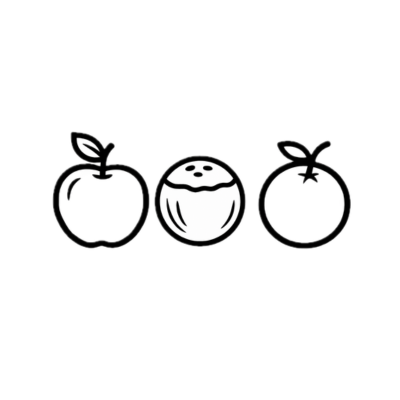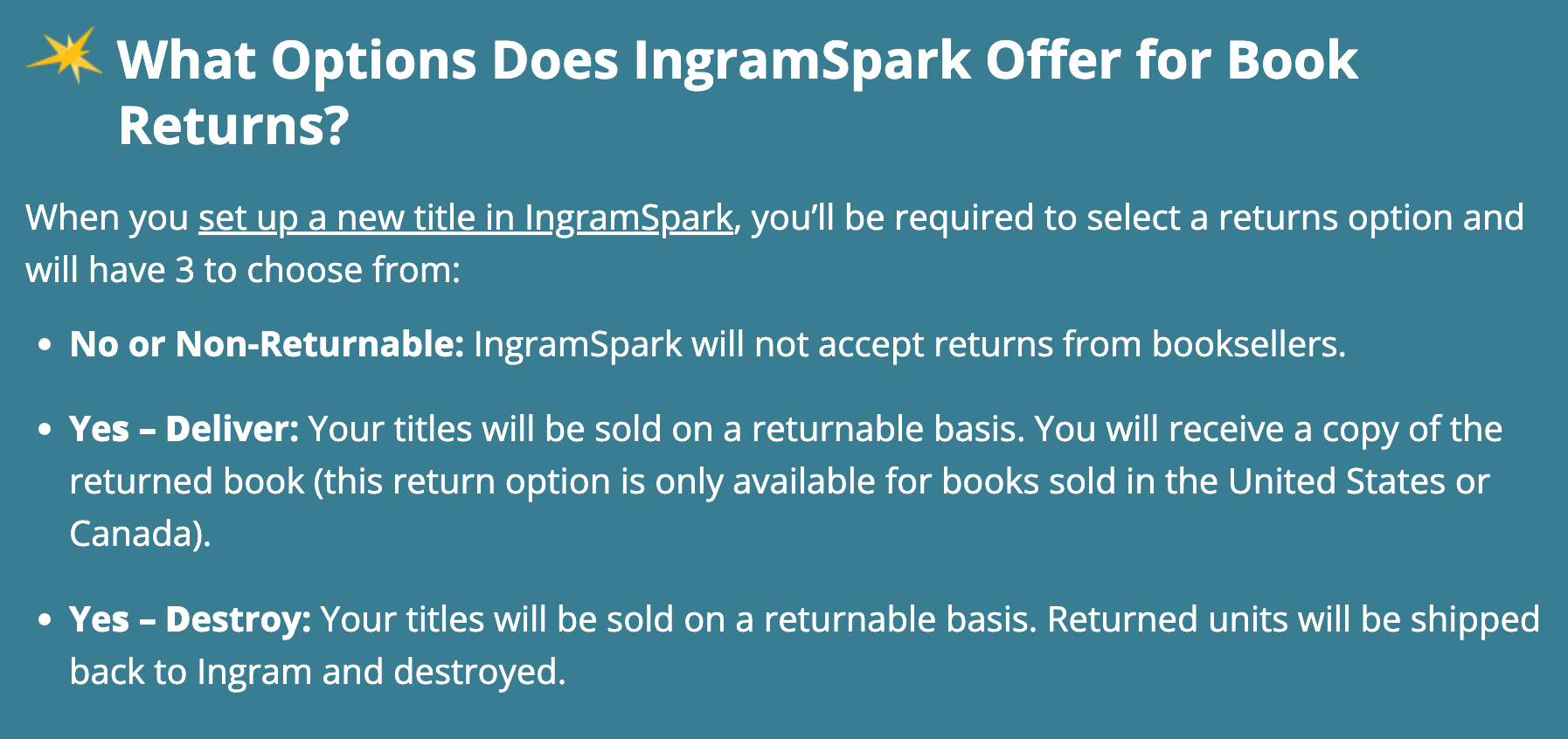The Myth of the Single Hybrid Publisher
Apples, oranges, and coconuts are all round fruits, but that's where the similarities end. The same truism applies to publishing outfits.

Hybrid publishing has become an increasingly popular option for both rookie and experienced scribes. That's not to say, though, that all hybrid presses are created equal.1 Today I'll describe the key attributes by which you should evaluate your potential publishing partner.
Size: From Boutique to Behemoth
This is an obvious starting point. Some hybrids are larger than others.
Page Two is a large publisher that, from what I can tell, concurrently works with a dozen or more authors at any given time. Two other behemoths just announced plans to merge. On the other end of the spectrum are hybrids such as Racket. We're boutique by design. Somewhere in between niche and behemoth are hybrid publishers that handle five to seven projects at once.
Larger companies possess more resources than their smaller brethren, but you'll receive more individual attention at the latter.
When choosing your publishing partner, it's easy to mistake size for permanence or infallibility. Don't. Large hybrids fail. Case in point: Scribe Media—a big player founded in 2014—went kaput in 2023. Things quickly got ugly. Scribe laid off its 90 employees, and its clients had to scramble. The company is now attempting to revive itself.
Money Matters
Some hybrids allegedly charge their clients a minimum of $125,000. Others produce books for a far lower flat fee, subject to certain restrictions around revisions and word counts.
Racket prices projects on an hourly basis. The rationale here is simple: a prescriptive nonfiction book is a complex beast of a project. Most variables are unknown. It's impossible to accurately predict in advance how much time and effort it will take to complete. In other words, as software developers have known for years, making absolute estimates is a fool's errand.
To my knowledge, no hybrid publisher currently offers authors proper advances against future royalties. If you're looking for money up front, seek a deal with a legacy publisher—probably with significant strings attached and far lower royalties.
Sales, Distribution, and Returns
Larger hybrids may be able to distribute your title via traditional channels and place it in bookstores and libraries. Think of this as active distribution. Someone at the press is working her existing relationships to move your books en masse. Hybrid presses that offer this service act in a way similar to legacy publishers.
Of course, all hybrid presses can help you passively distribute your title to many outlets. Print-on-demand technologies make this possible. Hybrids typically get their clients to create accounts with IngramSpark. Doing so allows them to make their titles available at Barnes & Noble, Bookshop.org, Target, Walmart, and scores of other places. (Amazon isn't one of them, though. They need to create a KDP account for that.)
Regardless of the specific hybrid publisher behind your book, getting brick-and-mortar stores to stock it will be really freakin' difficult. If you're able to pull it off, congrats. Know this much going in. No booksellers will stock your physical book via IngramSpark unless you do both of the following:
- Offer them a steep discount off the cover price. (Fifty-five percent is industry standard.)
- Agree to accept returns. You need to select option two or three below.

Let's say that a bookseller orders 30 copies of your book. What happens if it only sells ten of them?
Short answer: You're on the hook for the 20 unsold copies. If you selected option two, then expect returns subject to the geographic restrictions detailed above. In either event, your IngramSpark royalty statement will reflect all return-related charges.

Specialization and Your Team
Large hybrids produce books in all sorts of genres. Examples include fiction, nonfiction, and memoirs. Many publish titles under different imprints to avoid confusing others and muddying their brands. Racket focuses on prescriptive fiction books.
Reputable hybrids only employ experienced professionals: editors, designers, indexers, proofreaders, and the like. Racket falls into this boat. Less reputable ones try to save money by either:
- Cycling through cheap subcontractors with questionable backgrounds.
- Replacing people with AI with decidedly mixed results.
As always, you get what you pay for.
Book Quality
Solid hybrid publishers produce books of a quality indistinguishable from traditional publishers. Ditto for their ebooks.
Before signing up with a hybrid press, review the quality of its existing physical and electronic titles. Buy one. Download digital excerpts on Kindle. How does the formatting look on different devices?
If the books look amateurish in any way, be happy. You've just saved yourself months of stress and thousands of dollars.
Legitimacy
Here's a decent litmus test of whether a hybrid publisher is legit: Does it belong to an industry group? Racket has been a proud IBPA member for years.
Be careful, though. Group membership or affiliation is no guarantee that your publishing experience will be positive. There are plenty of charlatans out there.
Copyright and Intellectual Property
If you publish your book with any hybrid press, the copyright should be in your name—not the publisher's. What's more, you should own all the intellectual property. Period.
Read any agreement carefully. If you clearly won't own the book and the core ideas behind it, run.
Tech
Irrespective of size, rare is the hybrid press that views its tech as a source of competitive advantage. Your potential publishing partner may well rely upon dated tools and communication methods to manage your projects. By contrast, Racket believes that better tech can yield better books, lower costs, and a smoother process for its clients.
Editorial Standards
True hybrid publishers enforce editorial standards. Much like legacy publishers, they won't just publish anything. No hybrid has built a solid reputation by releasing amateur texts that sold a handful of copies.
In this way, credible hybrids differ markedly from AuthorHouse, iUniverse, and other companies that take an extremely egalitarian approach to publishing. Thirty years ago, we called these outfits vanity publishers.
Does that mean that all titles from AuthorHouse and its ilk suck?
Of course not, but many of them do. Irrespective of their moniker, these companies provide à la carte services. They gladly release glorified term papers that lack the essential ingredients one expects from professional nonfiction texts. I'm talking about indexes, proper editing and design, a professional cover, and the like.
No shocker here. What do you expect when a vanity press promises to crank out a physical book in as little as two weeks?

What You Need to Know
Apples, oranges, and coconuts are all round fruits, but that's where the similarities end. The same holds true for hybrid presses. When selecting among them, consider the factors in this post before pulling the trigger.
Footnotes
- Jane Friedman's recent blog post addresses this subject as well. ↩
